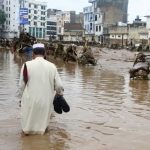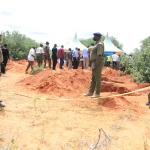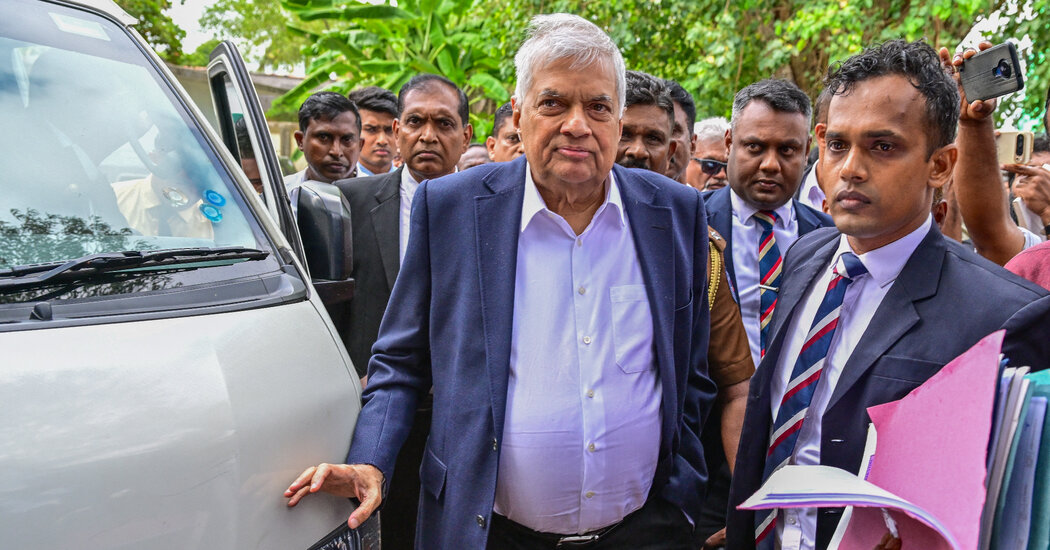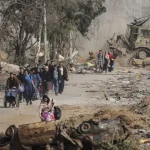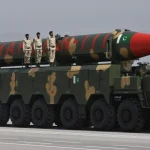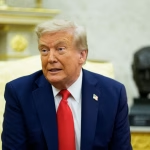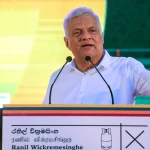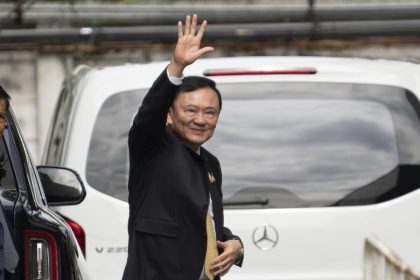In a major development shaking Sri Lanka’s political scene, former President Ranil Wickremesinghe has been released on bail after his arrest on charges of misusing public funds. The case has sparked intense debates over accountability, governance, and political motivations in the island nation. With tensions high, this event represents a critical juncture in Sri Lanka’s ongoing struggle with political corruption.
Background of the Allegations
Wickremesinghe was accused of misusing approximately LKR 16.9 million (around USD 50,000) of public funds for a trip to London in September 2023. The visit coincided with his wife’s PhD graduation and included official stops in Cuba and the United States. Critics argue that the blending of official duties with personal events raises serious ethical concerns about the use of taxpayer money and the standards expected of public officials.
Legal Proceedings and Bail
The former president was arrested on August 22, 2025, marking a historic moment as the first Sri Lankan head of state to face such allegations post-office. He was remanded in custody until August 26, when a court granted bail on a bond of LKR 5 million (around USD 16,600). Health concerns, including diabetes, high blood pressure, and dehydration, required him to attend the hearing remotely from a state-run hospital.
Public Reaction and Political Implications
The arrest has led to widespread public reactions. Supporters of Wickremesinghe staged demonstrations, viewing the charges as politically motivated and trivial. Many fear that the arrest signals a rise in “vendetta politics,” undermining judicial neutrality and political stability.
On the other hand, the government emphasized that the arrest followed legal procedures and reflects its commitment to anti-corruption measures. The administration, which came to power in 2024 on a platform of transparency, views the move as part of broader efforts to hold officials accountable.
Wickremesinghe’s Political Legacy
Ranil Wickremesinghe is one of Sri Lanka’s most experienced politicians, having served as Prime Minister six times and as President from 2022 to 2024. His tenure was marked by attempts to stabilize a nation grappling with severe economic crises, though critics highlighted harsh austerity measures and allegations of suppressing dissent. Despite controversies, his political career has significantly shaped Sri Lanka’s contemporary governance and foreign policy.
Broader Context: Anti-Corruption Efforts in Sri Lanka
The case is part of a wider anti-corruption campaign led by the current government. Sri Lanka’s Financial Crimes Investigation Division (FCID) plays a central role in investigating financial crimes and misuse of state assets. The agency has previously pursued high-profile figures, demonstrating the government’s intent to address entrenched corruption.
International Reactions
International observers and politicians have taken notice. Indian political leaders condemned the arrest as trivial and cautioned against politically motivated prosecutions. The situation has highlighted concerns about political stability, governance norms, and the independence of Sri Lanka’s judicial system.
FAQs
What are the allegations against Ranil Wickremesinghe?
He is accused of misusing LKR 16.9 million in public funds for a London trip that coincided with his wife’s PhD graduation.
Why was Wickremesinghe granted bail?
He was granted bail on August 26, 2025, due to health concerns and legal considerations, with a bond of LKR 5 million.
What is the Financial Crimes Investigation Division (FCID)?
The FCID is Sri Lanka’s law enforcement unit tasked with investigating financial crimes, including misuse of state assets and corruption.
How has the international community reacted?
International reactions have been mixed. Some political leaders view the charges as trivial and warn against politicized prosecutions, while others acknowledge Sri Lanka’s efforts to tackle corruption.
What does this mean for Sri Lanka’s political future?
The case emphasizes accountability and governance issues. Its outcome could influence how former leaders are scrutinized and set precedents for political transparency.
Conclusion
The arrest and subsequent bail of Ranil Wickremesinghe have elevated discussions of accountability and political responsibility in Sri Lanka. As legal proceedings continue, the outcome may set a precedent for how former leaders are held responsible for alleged misuse of state resources. The nation faces a critical moment in balancing justice, governance, and political stability.



